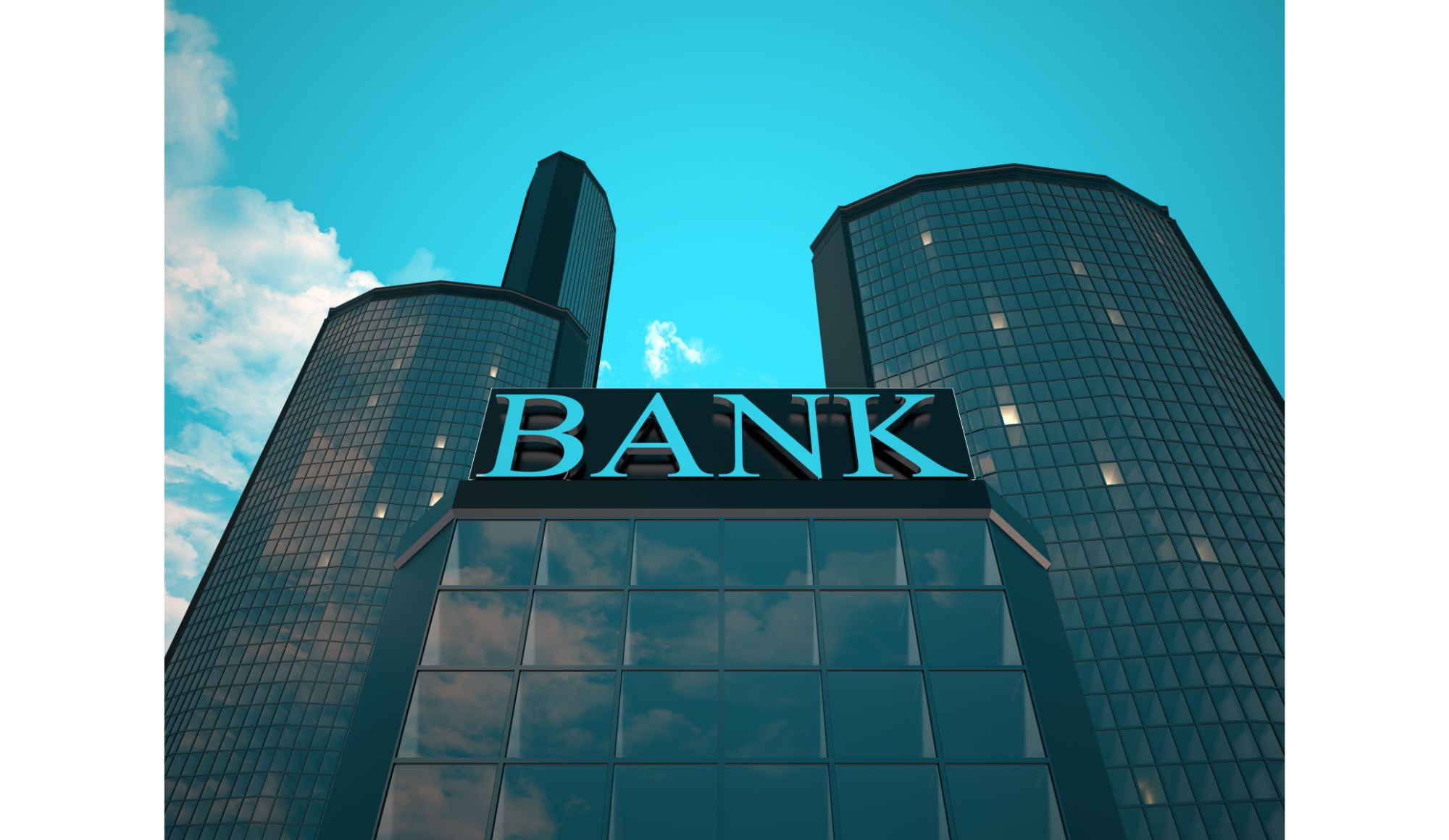Buffett Slashes Stake in Decade-Long Holding
A great investor knows when to pivot and let go of investments that once fit within their portfolios but may no longer suit their current and future goals. That may explain why Buffett cut his holding company’s position in U.S. Bancorp (USB) by more than half.
Berkshire Hathaway has long been a bank investor, so why trim its position in this former core holding?
The history behind Berkshire and U.S. Bancorp
Berkshire bought its first share of U.S. Bancorp in 2006 and held its position through the worst of the pandemic — even though it sold off other bank stocks, including JPMorgan Chase, M&T Bank, and Goldman Sachs. However, over the past few quarters, Berkshire began to sell shares of U.S. Bancorp gradually.
Still, few expected the conglomerate’s next move.
In Berkshire’s most recent earnings, it reportedly sold $4.7 billion of financial, banking, and insurance stocks in the third quarter. More specifically, it sold 84 million shares of USB since June 30, cashing in for nearly $4 billion.
It is estimated that Berkshire made a profit of about $600 million. That value is nothing to sneeze at. However, it’s small potatoes for Buffett. After all, he purchased $600 million of Apple shares alone during a dip in Q1 2022.
A closer look at U.S. Bancorp
US Bancorp is the nation’s fifth-largest bank. However, compared to the biggest names in the business, like JPMorgan Chase, it is relatively small — which some see as its advantage. The bank is customizing branches to accommodate for the cultural needs where they are situated. This tailor-made approach to customer service is tough to achieve for more prominent bank names that operate 4000+ branches.
U.S. Bancorp may be smaller in size, but it is believed to be implementing better technology than some of its competitors. For example, earlier this year, U.S. Bancorp announced changes to its computer network, switching to the Microsoft cloud computing management platform Azure. The bank has also been diversifying, moving away from its status as a traditional commercial bank. Plus, its payments business is driving the bank’s total earnings.
And then there’s the recent acquisition of the U.S. banking division of the Japanese lender Mitsubishi UFJ Financial Group. This move will provide U.S. Bancorp with 190,000 new small business clients. Some investors are on the fence, as big acquisitions don’t always work out — perhaps Buffett was one of them?
A lot is going on at U.S. Bancorp, with plenty to like, but what about the numbers? New technology and excellent customer service mean less to investors if they aren’t helping to boost revenue and earnings.
Diving deeper into U.S. Bancorp’s financials
During the pandemic, U.S. Bancorp faced many headwinds, causing earnings per share to drop significantly. However, this was expected.
Since 2006, the bank has regularly generated above a 10% return on equity; in some years, that figure was closer to 15%.
Based on the bank’s recent Q3 earnings report, U.S. Bancorp reported a net income of $1.8 billion, which is 11.4% higher than year-to-date 2021.
The total average loan growth was 13.5% year-over-year, and the average total deposit growth was 5.9% year-over-year.
At first glance, the financials look reasonably good.
What was Buffett’s motive?
While Buffett has dumped many financial stocks over the past couple of years, he is by no means done with bank stocks. Bank of America remains Berkshire Hathaway’s second-largest holding after Apple.
Compared to the other financial sector stocks held in the Berkshire Hathaway equity portfolio, such as Ally Financial, Citigroup, and Visa, Buffett may have thought it was time to lighten his position in a stock that some see as an industry laggard.
While some believe it was an odd time for Berkshire Hathaway to sell, considering U.S. Bancorp is about to generate some of its best operating leverage in around five years, Buffett clearly had his reasons — and share price performance could be a key indicator.
Year-to-date, shares of U.S. Bancorp are down over 23%. Dividend investors may find the selloff compelling; U.S. Bancorp’s dividend yield is around 4.4%. But that won’t compensate for the share price declines. If you’re like Buffett, taking some risk off the table may be the most prudent choice.



